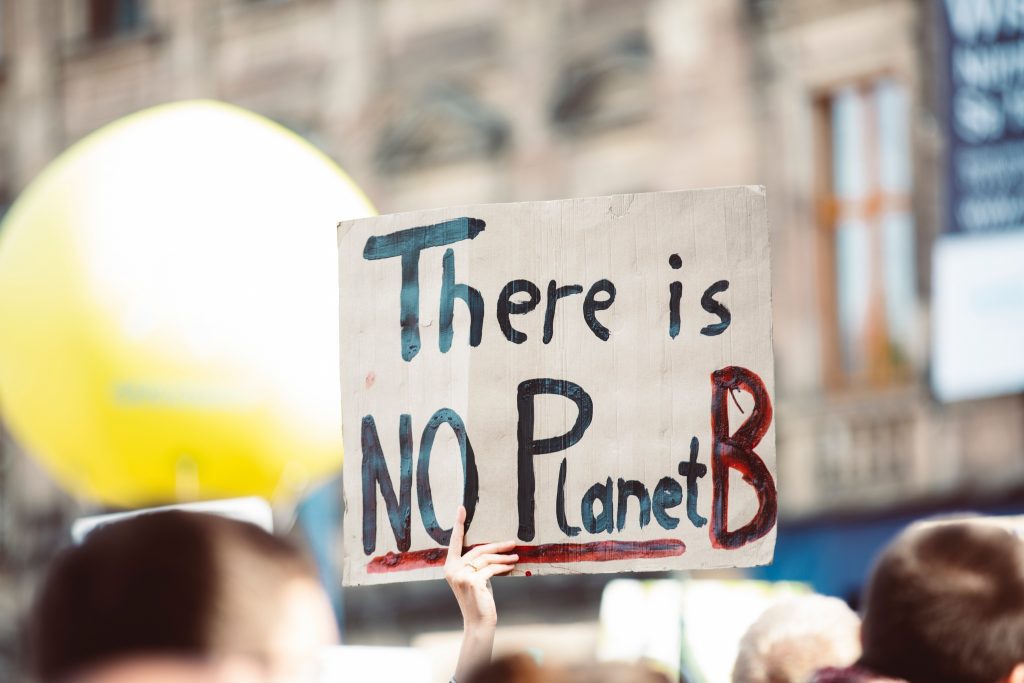By Allison Sadlier // SWNS
NEWS COPY W/ VIDEO + INFOGRAPHIC
Three in five Americans (59%) expect climate change to have a serious impact on their day-to-day lives in the near future, according to new research.
A study of 2,000 census-balanced Americans explored top natural issues respondents would love to resolve with a magic wand.
Water pollution (50%) came out at the top of the list of environmental crises Americans wished they could resolve in an instant.
Results revealed saving endangered species (48%) and making the Great Pacific Garbage Patch disappear (47%) rounded out the top three items on their wishlist.
Forty-six percent said they’d like to end destructive wildfires and 43% would save the Great Barrier Reef in Australia if they could.
Other troubling environmental trends respondents long to fix in an instant were to end rainforest deforestation (42%), save the ozone layer (42%) and cease carbon emissions (38%).
The survey commissioned by Nature’s Logic and conducted by OnePoll revealed three in four have already taken steps to lessen their environmental impact.
Two in three said if they knew a product or its packaging they use wasn’t sustainably made they’d swap it out for one that was and many have already put that principle into practice.
The average respondent has phased out five household products in the past year alone because they weren’t eco-friendly enough.
When asked what respondents want to see from the brands they purchase, 48 percent wished for fewer chemicals or synthetic ingredients and 43 percent would like to see an investment in cleaning up oceans and landfills.
Two in five thought the brunt of responsibility of cleaning up oceans and landfills should fall on the shoulders of big corporations.
More than 40 percent want brands to use renewable energy to power their operations.
Those valuable principles don’t just go for products for respondents it also goes for their four-legged friends.
Pet care was another sector that respondents thought could be a bit more green. Of the 61% of respondents who own a pet, a third said that sustainable packaging that doesn’t contribute to depleting the earth’s resources would be a big step in making pet care more eco-friendly.
Three in ten think there should be a way to dispose of their pets’ waste that’s kinder to the environment than traditional plastic bags.
Thirty percent would also like to see eco-friendly cleaning products for those pet-related messes.
David Yaskulka, CEO of all-natural pet food brand Nature’s Logic noted that his company is seeing an increase in pet parents who look for more environmentally-friendly, natural choices. “More and more people want to give their pet a lifestyle of health and sustainability,” he explained. “Brands should make it easy for consumers to make better choices – like keeping synthetic ingredients out of food or using more environmentally-friendly packaging. And, using easy-to-read environmental certifications on the packaging goes a long way in helping consumers decide which products to choose.”
For those with a pet, 93% say their furry companion’s health is a top priority for them and four in five (82%) want theirs on an all-natural diet that includes only whole foods and no synthetic ingredients.
With so many unknowns in the pet food aisle, respondents have plenty of concerns about what they’re feeding their pets.
Two in five (42%) are worried about the quality of the ingredients while 31% worry about the health benefits their pet gets from the food.
Nearly three in ten (29%) also have their eyes on their wallets and get concerned over cost.
Yaskulka added, “Despite the fact that pet parents would prefer no synthetics in their pet food, literally all of the top 10 best selling pet foods (listed by PetFoodIndustry.com) do, in fact, include synthetic ingredients. Consumers need to do their research: Nutrition from whole-foods with no synthetic vitamins, minerals or other ingredients is absolutely most beneficial for pets – and the planet – long term.”
TOP 10 ENVIRONMENTAL ISSUES RESPONDENTS WISH THEY COULD INSTANTLY SOLVE
- No water pollution 50%
- Save endangers/extinct animals 48%
- Make the Great Pacific Garbage Patch disappear 47%
- End wildfires across the globe 46%
- Save the Great Barrier Reef 43%
- Rainforest deforestation 42%
- Save the ozone layer 42%
- End carbon emissions 38%
- End landfills 37%
- Protect natural land from human development 32%
TOP 5 ENVIRONMENTAL EFFORTS BRANDS SHOULD ENGAGE IN
- Recyclable packaging 52%
- Fewer chemicals or synthetic ingredients 48%
- Investment in cleaning up oceans and landfills 43%
- Their operations powered by renewable energy 41%
- Post-consumer recycling packaging 38%
